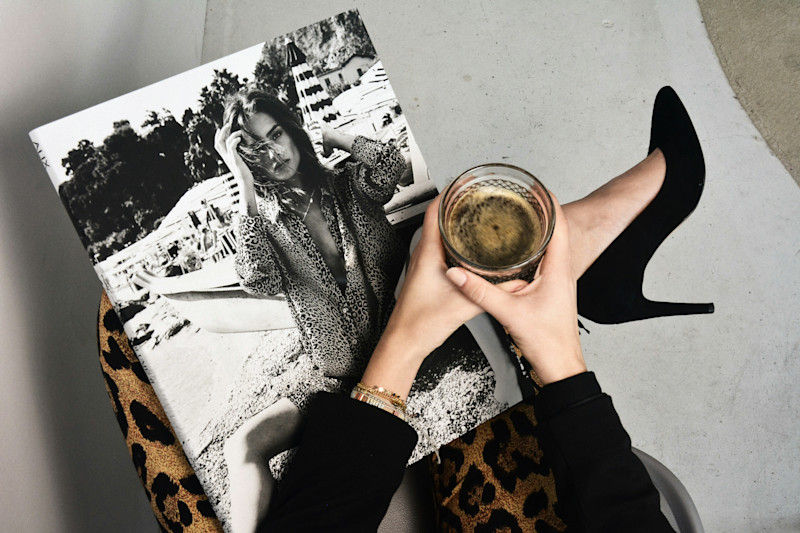
Fashion and hospitality are converging like never before to create immersive lifestyle experiences, and brands like Armani, Chanel, and Tiffany & Co. are extending beyond products to offer aspirational worlds that consumers can live, dine, and belong in
The lines between fashion and hospitality are blurring, giving rise to a dynamic new landscape where experiences matter more than possessions. Today, the brands that thrive are shaping emotions and curating lifestyles that people long to be part of. They are transcending the ordinary, thinking outside the box, and giving people what they didn’t even realise they needed.
The Rise of Fashion in Hospitality
Fashion houses have increasingly stepped into the world of hospitality, creating immersive environments where consumers don’t just wear a brand but live it. Armani Hotel in Dubai, for instance, extends Giorgio Armani’s minimalist design ethos into an entire hotel experience, from the architecture to the dining. In Rome, the Fendi Private Suites offers guests the chance to sleep within the heart of the Palazzo Fendi, surrounded by the brand’s aesthetic. Over in Paris, the city will soon host a Louis Vuitton Hotel, further solidifying the city’s position as a global fashion and lifestyle capital.
This isn’t confined to Europe or the Middle East. In Jamaica, the Round Hill Hotel & Villas, curated by Ralph Lauren, immerses visitors in the designer’s timeless vision of island elegance. These examples reflect a broader trend where fashion brands are no longer content with occupying your wardrobe, aiming to instead shape your entire environment.
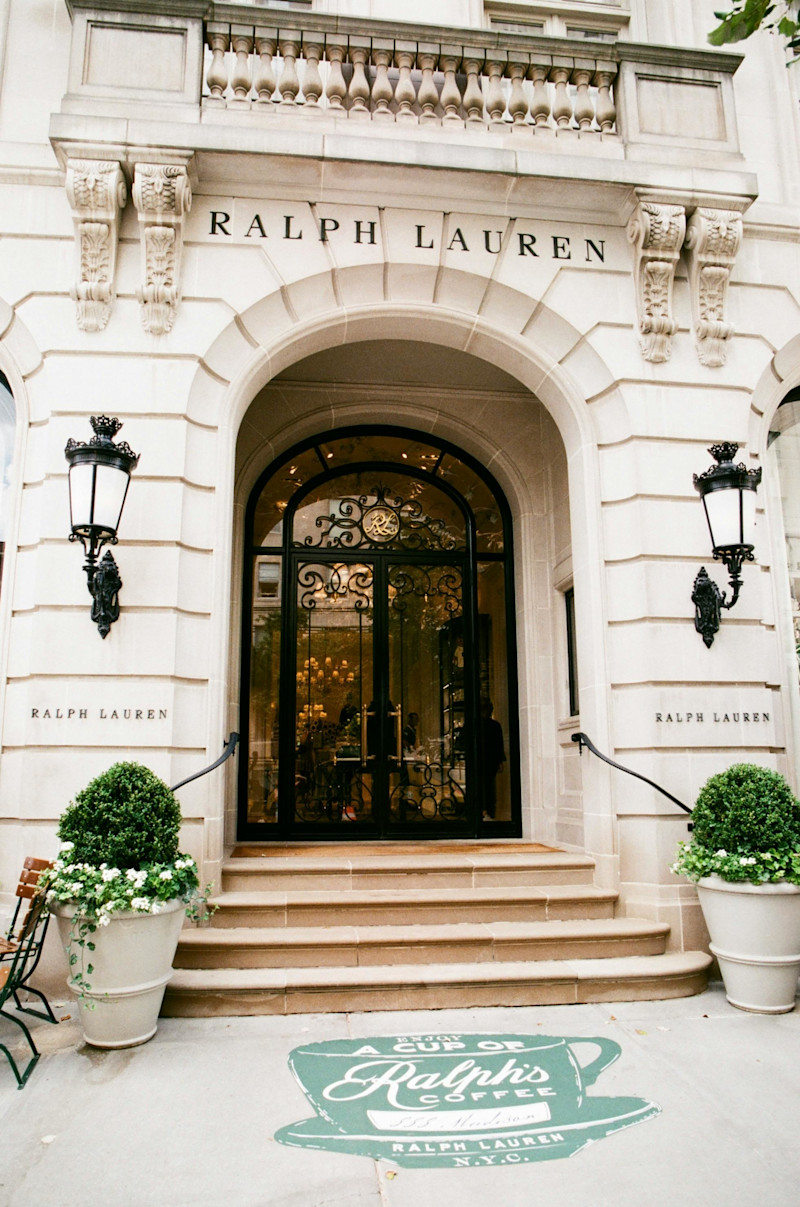
Culinary Extensions of Luxury
The marriage of fashion and hospitality isn’t limited to hotels. On the culinary side, brands are equally active in bringing their identities to life. Tiffany’s Blue Box Café in New York gives customers the chance to literally have breakfast at Tiffany’s, while Café Kitsuné in Paris transforms the Maison Kitsuné lifestyle into a cosy, stylish coffee experience. Armani has expanded into fine dining with Armani/Ristorante, while Beige Alain Ducasse in Tokyo, a collaboration between Chanel and the world-renowned chef Alain Ducasse, earned two Michelin stars, blending haute couture with haute cuisine.
These ventures reveal a clever psychology at play. Someone who might not be able to spend £4,000 on a Louis Vuitton handbag can still buy into the brand story by sipping coffee at a designer café or booking a night in a fashion-branded hotel. That single moment, an elegant latte in a Balenciaga café, for instance, creates a sense of belonging to an aspirational world.
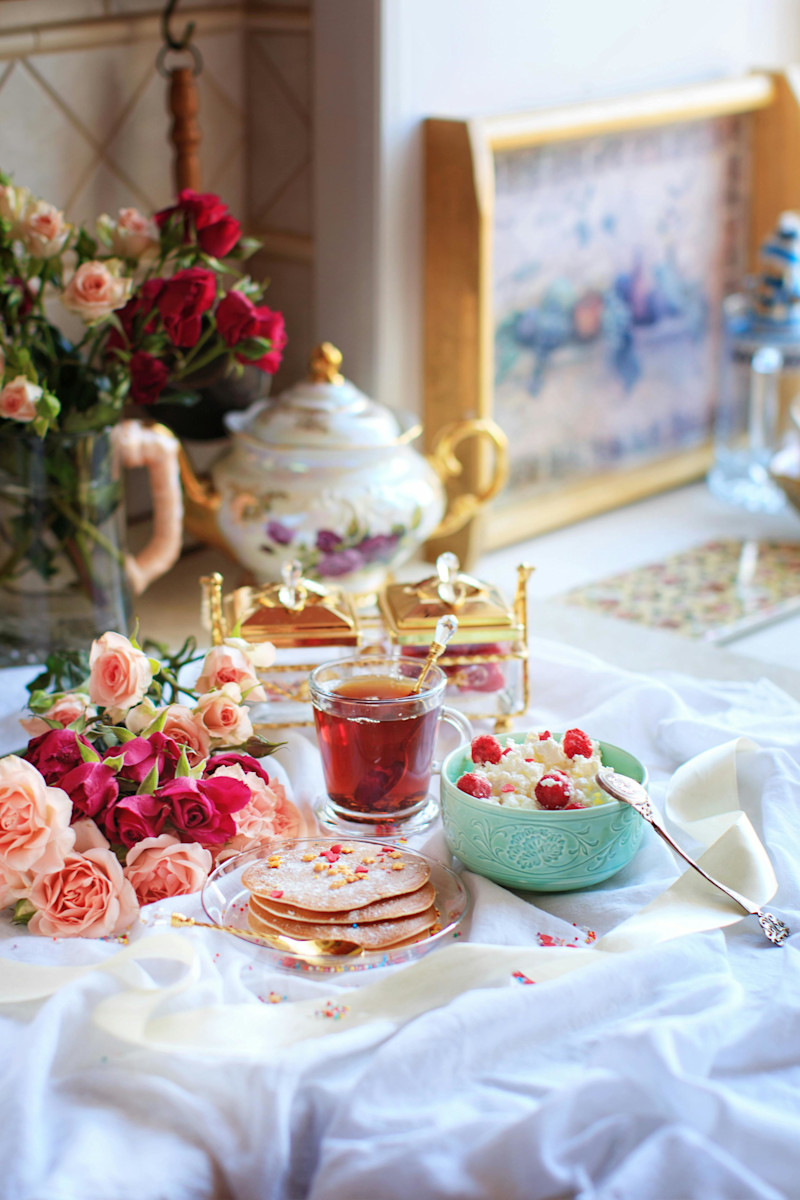
Emotion Over Possession
At the core of this evolution is human psychology. People crave connection, identity, and community. Fashion traditionally delivers this through garments, whereas hospitality does so through curated experiences. Together, they create a powerful ecosystem where every interaction strengthens emotional ties to the brand.
A key insight here is that experiences forge stronger emotional memories than possessions. A handbag might wear out, but the memory of dining in Chanel’s Michelin-starred restaurant or staying in Armani’s hotel lingers long after. These touchpoints are deeply emotional, shaping how consumers see themselves within a brand’s universe.
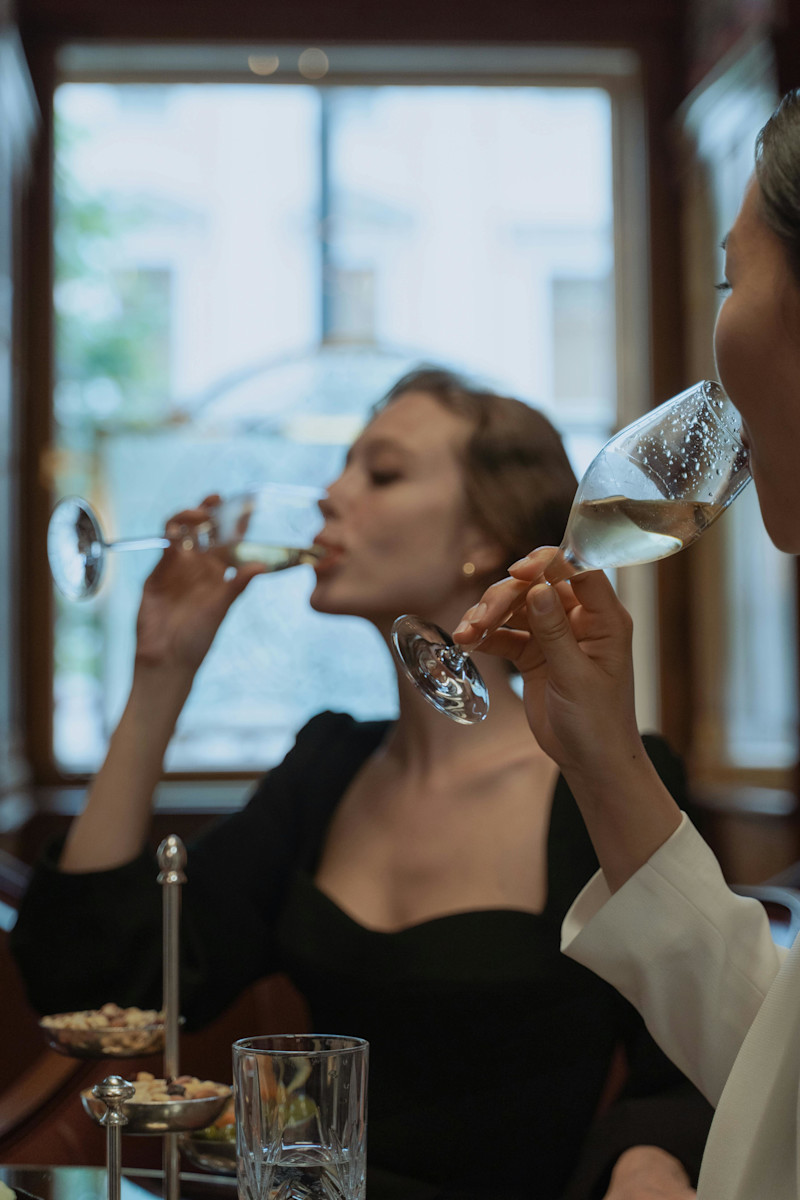
Marketing Shifts
For brands, this shift demands narrative-driven storytelling. Successful campaigns today highlight the product and spotlight the lifestyle it represents. Balenciaga’s cafés, Valentino’s exclusive dining experiences, and Versace’s wellness retreats are not random add-ons; they are immersive brand universes designed to pull customers deeper into a story.
The result? Consumers are drawn to buying the items and investing in identities. They envision themselves as part of the brand’s narrative, experiencing the sense of community and aspiration that comes with it.
Lessons for the Hospitality Industry
Hospitality leaders should take note. If hotels see themselves solely as providers of beds and meals, they risk irrelevance. A modern hospitality brand must go further, transforming its properties into stages for lifestyle immersion. Every element, scent, sound, design, and interaction should contribute to an identity that guests want to inhabit.
Likewise, fashion brands must understand that garments alone are no longer enough. Customers don’t just want to wear a label; they want to live inside it. Hospitality offers the perfect gateway to make that possible.
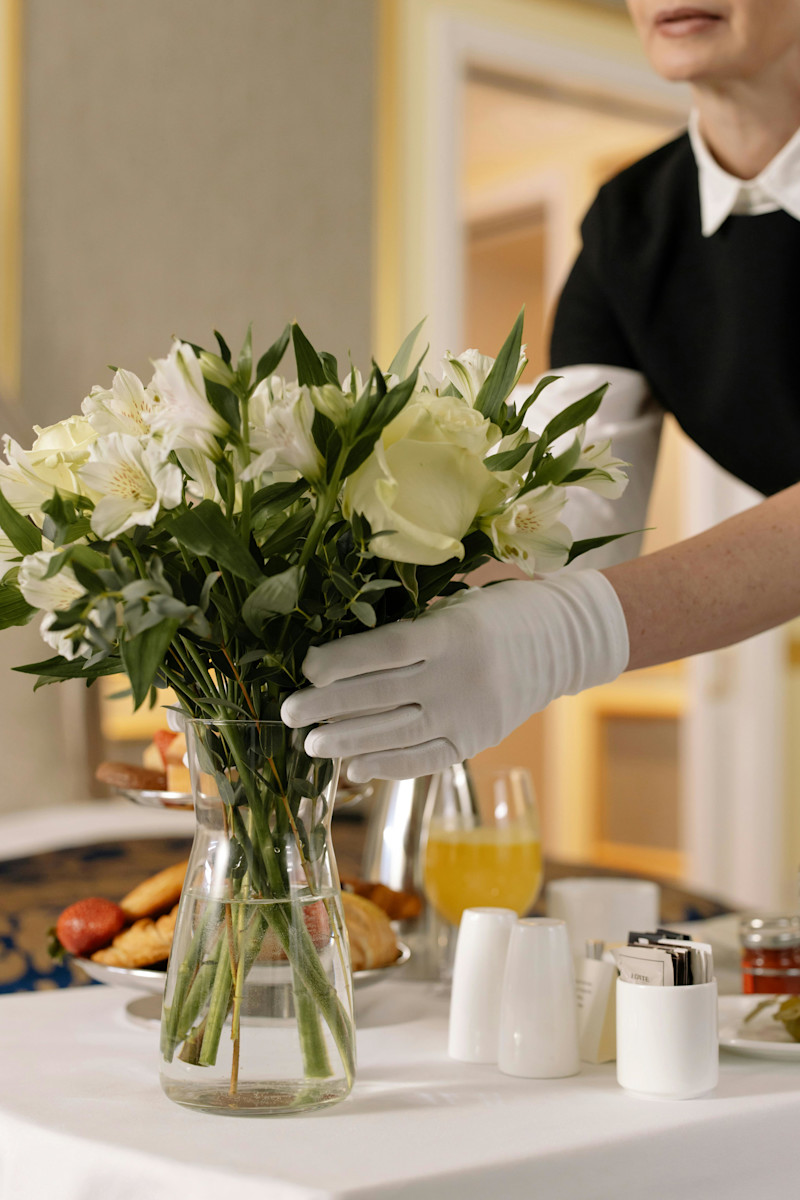
A Shared Future
This convergence between fashion and hospitality shouldn’t be looked at as a fleeting trend. With the luxury goods market plateauing and the hospitality industry on the rise, more brands will turn to experiences as their strongest form of connection. The winners will be those who understand that consumers value emotions over things, identity over possessions, and belonging over status.
In the end, the brands that thrive will not be the ones that simply clothe or house people; they will be the ones that allow individuals to step into an aspirational lifestyle and stay there.
For more related updates and to Katch us covering similar topics, watch this space!
Katch our game-changing PR and Communications, Social Media, Branding and Design, Brand Consultancy, Digital Marketing, and Global Communications services to help your brand make noise. Get in touch with our 360-Marketing agency in Dubai, Qatar, Saudi Arabia, and London, and let’s get the conversation started!
